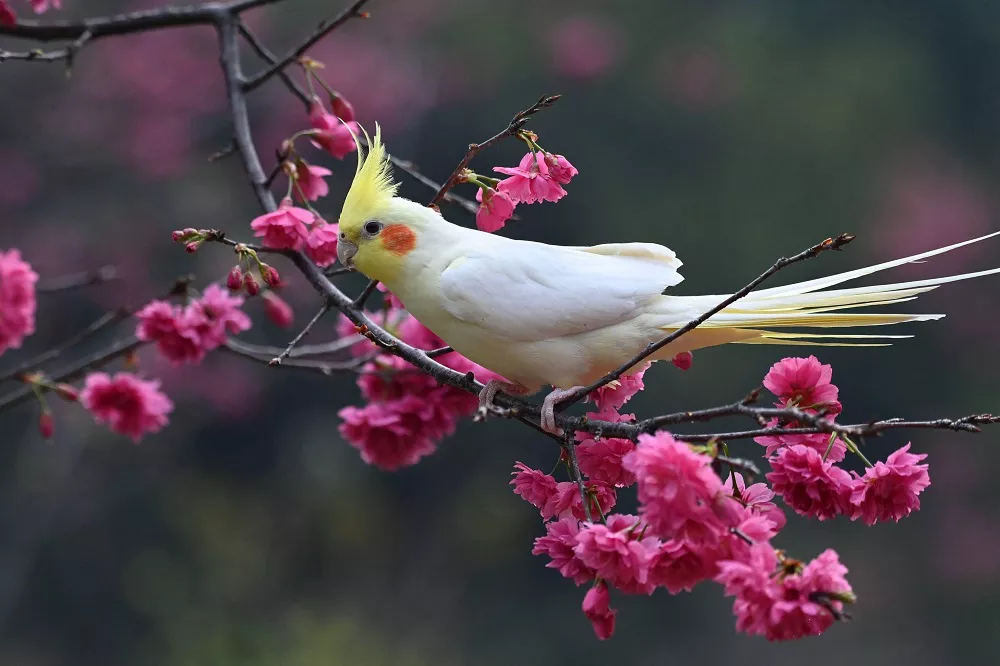Cockatiels are beloved pets that are cherished for their playful personalities and beautiful plumage. As responsible pet owners, it’s important to understand what foods are safe for cockatiels to consume and which foods can be toxic or harmful to their health. In this article, we’ll take a closer look at some of the foods that are toxic to cockatiels and should be avoided.
- 1. Avocado:
Avocados contain persin, a toxin that is harmful to many types of birds, including cockatiels. Symptoms of avocado poisoning in cockatiels include difficulty breathing, lethargy, and digestive issues.
- 2. Chocolate:
Chocolate contains theobromine, a compound that is toxic to many animals, including cockatiels. Ingesting chocolate can cause vomiting, diarrhea, seizures, and even death.
- 3. Caffeine:
Caffeine is a stimulant that can cause rapid heart rate, restlessness, and other health problems in cockatiels. Foods and beverages that contain caffeine, such as coffee, tea, and chocolate, should be kept away from your pet.
- 4. Alcohol:
Alcohol can be fatal to cockatiels, even in small amounts. Symptoms of alcohol poisoning in birds include difficulty breathing, loss of coordination, and seizures.
- 5. Salt:
Cockatiels have very sensitive digestive systems and too much salt can be harmful to their health. Avoid feeding your bird salty snacks, processed foods, or anything that contains excess sodium.
- 6. Onions and garlic:
Onions and garlic contain compounds that can damage a cockatiel’s red blood cells and lead to anemia. Even small amounts of these foods can be toxic to birds and should be avoided.
- 7. Apple seeds:
Apple seeds contain a small amount of cyanide, which can be toxic to cockatiels if ingested in large quantities. Make sure to remove all seeds and pits from fruits before feeding them to your pet.
- 8. Rhubarb:
Rhubarb contains oxalic acid, which can be harmful to cockatiels if ingested in large amounts. Symptoms of rhubarb poisoning in birds include lethargy, vomiting, and diarrhea.
- 9. Mushrooms:
Many types of mushrooms are toxic to birds, including cockatiels. Symptoms of mushroom poisoning in birds include vomiting, diarrhea, and difficulty breathing.
In conclusion, feeding your cockatiel a balanced and healthy diet is essential for their overall health and well-being. Make sure to avoid feeding your bird any of the foods listed above, and always consult with a veterinarian if you have any questions or concerns about your pet’s diet. By providing your cockatiel with a nutritious diet and a safe living environment, you can ensure that they live a long and happy life.


 Facebook
Facebook  Instagram
Instagram  Youtube
Youtube 